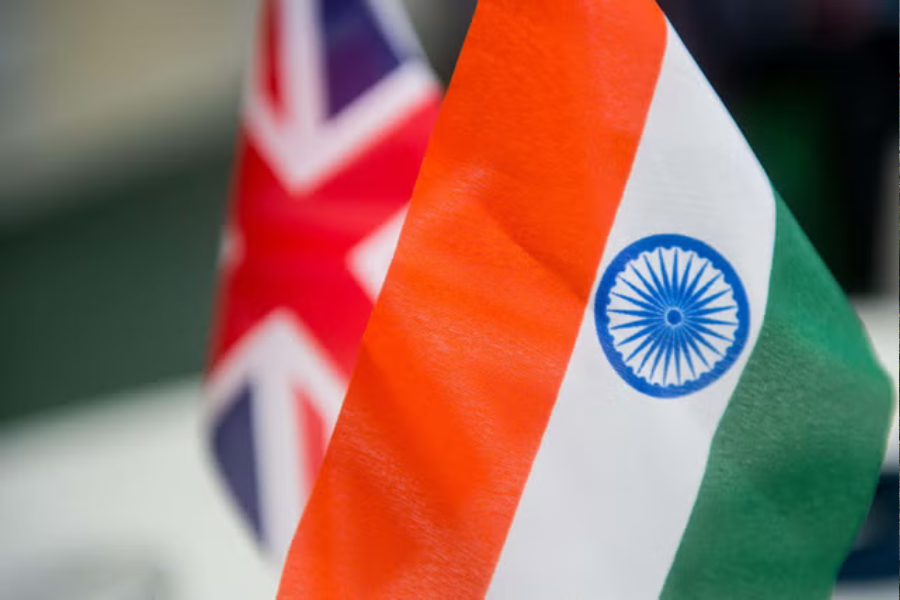UK-India Trade Deal: Major Gains for Whisky and Auto Industries

A New Era for British-Indian Trade Relations as Landmark Agreement Promises Economic Boost
In a significant step toward strengthening post-Brexit trade relations, the United Kingdom has secured its largest bilateral trade agreement to date with India. The deal, which has been hailed by Prime Minister Sir Keir Starmer as a “landmark achievement,” is expected to bolster annual UK-India trade by £25.5 billion and contribute an additional £4.8 billion to the UK economy each year. It is also projected to raise wages by an estimated £2.2 billion annually.
As Britain seeks to offset global economic uncertainty and mounting protectionist measures — particularly tariffs introduced by U.S. President Donald Trump — this agreement is viewed as a strategic move to diversify trade partnerships and unlock new economic opportunities.
Implications for the Whisky Sector
India holds the distinction of being the world’s largest whisky consumer by volume, with UK exports to the country surpassing £200 million annually as of 2022. Under the terms of the new trade agreement, existing import duties on British whisky — currently a staggering 150% — will be immediately reduced to 75%, with a further drop to 40% planned over the next decade.
This is particularly impactful for major producers like Chivas Brothers and Diageo. Chivas, known for premium brands such as Chivas Regal and Glenlivet, sees India as one of its key export markets. Diageo, which owns labels including Johnnie Walker, already operates over 50 production facilities across the country, making it well-positioned to benefit from increased access and lower costs.
Industry leaders have responded positively. Jean-Etienne Gourgues, CEO of Chivas Brothers, described the deal as a “timely boost” that offers a “game-changing opportunity” for the export of Scotch whisky. Diageo’s CEO, Debra Crew, echoed the sentiment, calling the deal a “transformational moment” for both the Scotch industry and Scotland’s broader economy.
Impact on the UK Car Industry
The agreement also delivers significant benefits to the UK automotive sector. Tariffs on British luxury vehicles entering India — currently exceeding 100% — will be slashed by 90%, bringing the final rate to just 10% within a quota system.
This tariff relief will first apply to petrol and diesel-powered cars, with plans to extend these benefits to electric and hybrid vehicles in the near future. This phased approach aligns with the evolving focus of UK manufacturing on cleaner, more sustainable technologies.
Concerns Over British Workers Addressed
Amid political scrutiny, ministers have assured the public that British workers will not be negatively affected by the agreement. Concerns were raised regarding a clause allowing some temporary Indian workers to be exempt from UK national insurance payments for up to three years.
Trade Secretary Jonathan Reynolds clarified that this provision is based on the “double contribution convention,” which prevents individuals and companies from being taxed twice — once in their home country and again in the host nation. He emphasized that the rule is reciprocal and does not place UK workers at a disadvantage, noting that similar agreements exist with numerous other countries.
Will This Deal Offset U.S. Tariffs?
Despite its economic potential, the UK-India trade deal is not expected to fully counterbalance the impact of recent U.S. tariffs. The United States remains the largest market for British whisky in terms of value, with exports worth nearly £1 billion annually.
Nevertheless, British officials remain optimistic. Prime Minister Starmer is actively pursuing a trade agreement with the U.S., with negotiations reportedly reaching advanced stages. A successful deal could further mitigate the effects of American protectionist policies and broaden the UK’s global trade footprint.






